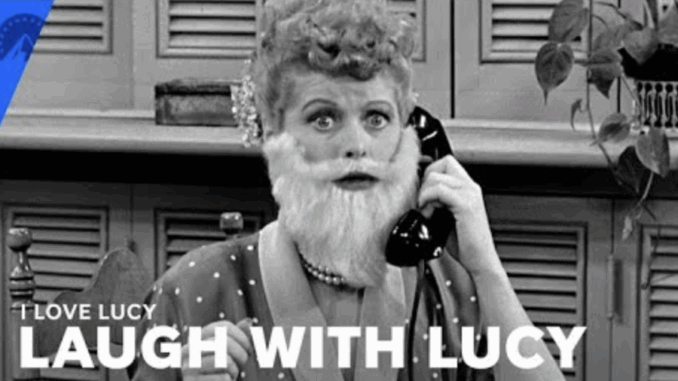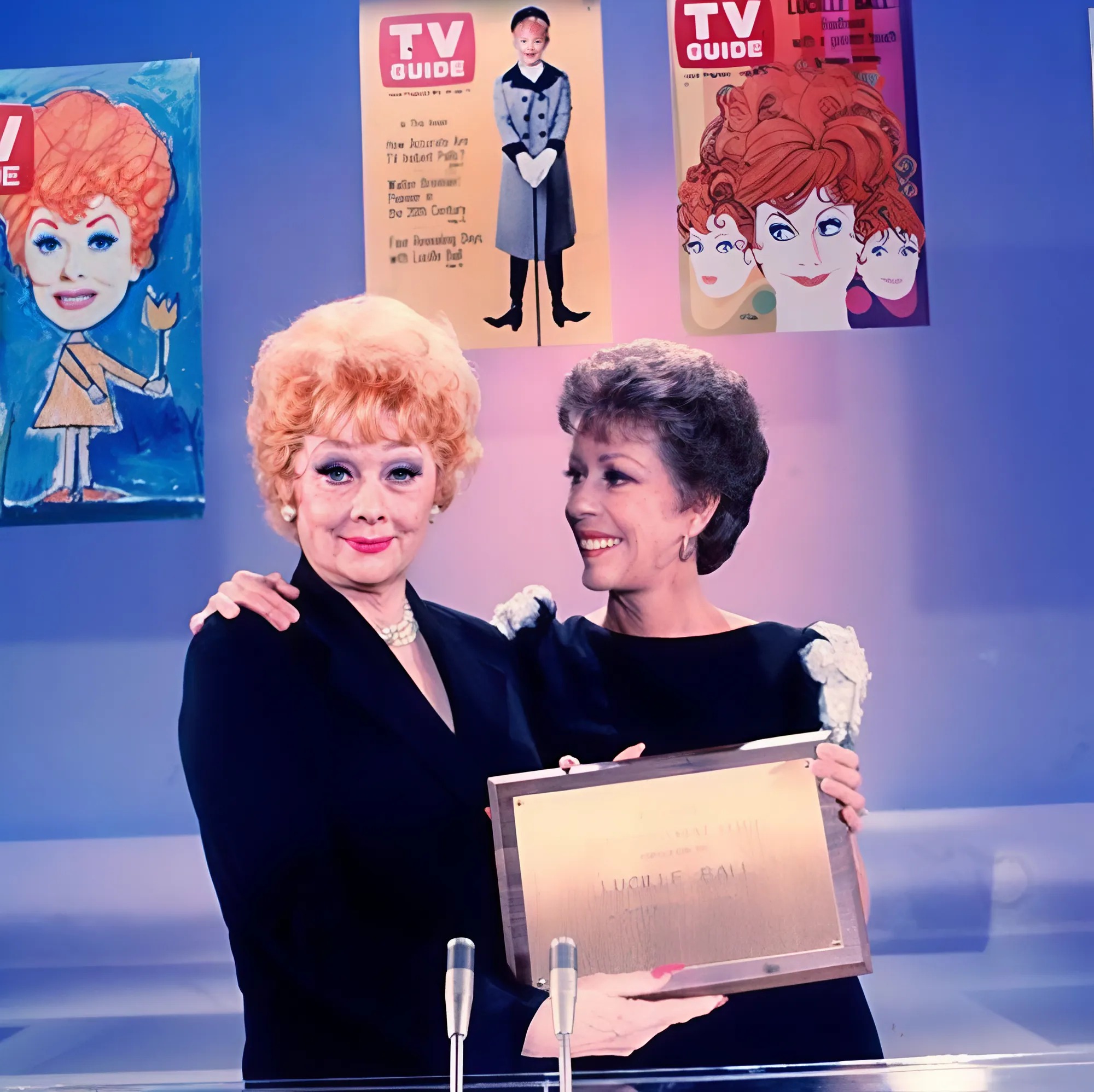
Lucille Ball, forever etched in our minds as the hilarious, trouble-making Lucy Ricardo, was far more than just a comedic genius. In an era when Hollywood was overwhelmingly male-dominated, Ball broke glass ceilings, redefined power dynamics, and became a trailblazing figure whose impact resonates deeply with the rise of female leadership and iconic historical women today. Her journey from on-screen chaos to behind-the-scenes control offers profound lessons in empowerment and foresight.
Breaking Barriers: The First Female Studio Head
When Desi Arnaz decided to sell his shares of Desilu Studios in 1962, it was Lucille Ball who stepped up. In a move that shocked Hollywood, she bought him out, becoming the first woman ever to head a major Hollywood studio. This wasn’t merely a symbolic gesture; it was a seismic shift. Ball took the reins of a sprawling enterprise, overseeing production, finances, and strategic decisions in an industry notorious for its male gatekeepers.
This wasn’t just about fame; it was about unprecedented executive power. Ball proved that a woman, particularly one known for her comedic antics, could possess acute business acumen and lead a formidable enterprise. Her pioneering role as CEO of Desilu paved the way for countless women in entertainment to aspire to leadership positions beyond acting.
The Visionary Executive: Saving Revolutionary Shows
Beyond her executive title, Ball demonstrated an extraordinary ability to identify and nurture groundbreaking talent and projects. She wasn’t just managing existing assets; she was actively shaping the future of television. Two of the most significant examples of her foresight include:
- Star Trek: When NBC wavered on the unconventional sci-fi series Star Trek after its initial pilot, it was Lucille Ball who personally championed the show. Defying network executives who wanted to pass, she famously used her clout and the financial stability of Desilu to push for a second pilot, ultimately ensuring the series got picked up. Without her belief and intervention, one of the most culturally significant and enduring sci-fi franchises might never have existed.
- Mission: Impossible: Similarly, Ball saw the potential in Mission: Impossible, another complex and innovative series. She greenlit and supported the spy thriller, which went on to become a massive success, further cementing Desilu’s reputation for producing quality, cutting-edge television.
These decisions weren’t just business moves; they were acts of courage and vision, demonstrating Ball’s profound influence on the landscape of popular culture.
A Champion for Diversity: Keeping Desi by Her Side
One of Lucille Ball’s earliest and most impactful power plays wasn’t about a show, but about her own partner. When CBS initially balked at casting Desi Arnaz—a Cuban-American bandleader—as her husband in I Love Lucy, citing his accent and ethnicity, Ball famously put her foot down. She leveraged her immense popularity and insisted that if Desi wasn’t cast, there would be no show.
This was a groundbreaking act of defiance against the prevailing xenophobia and racial prejudice of the time. Ball’s unwavering support not only secured her real-life husband’s role but also paved the way for greater cultural diversity on American television. The on-screen marriage of a white woman and a Cuban man was revolutionary, depicting a loving, multi-ethnic couple long before it was widely accepted. This decision wasn’t just personal; it was a powerful statement that broadened the scope of what was permissible and celebrated in mainstream media.
The Enduring Legacy of a Pioneer
Lucille Ball’s journey from a “queen of chaos” on screen to a behind-the-scenes matriarch of Hollywood is a testament to her multifaceted genius. She leveraged her fame not just for personal gain, but to exert control, innovate, and break down barriers. Her story is a powerful reminder that leadership comes in many forms, and true pioneers are those who dare to challenge the status quo, even when the odds are stacked against them. Ball didn’t just star in history; she changed it, leaving an indelible mark on entertainment and the fight for female empowerment.
